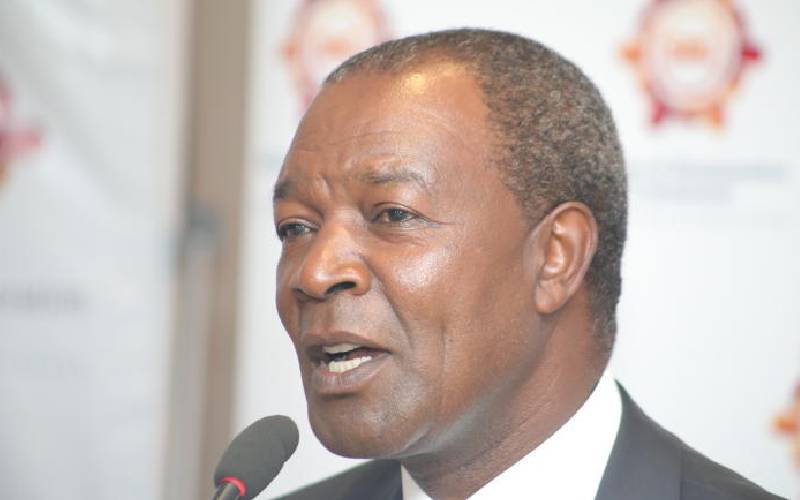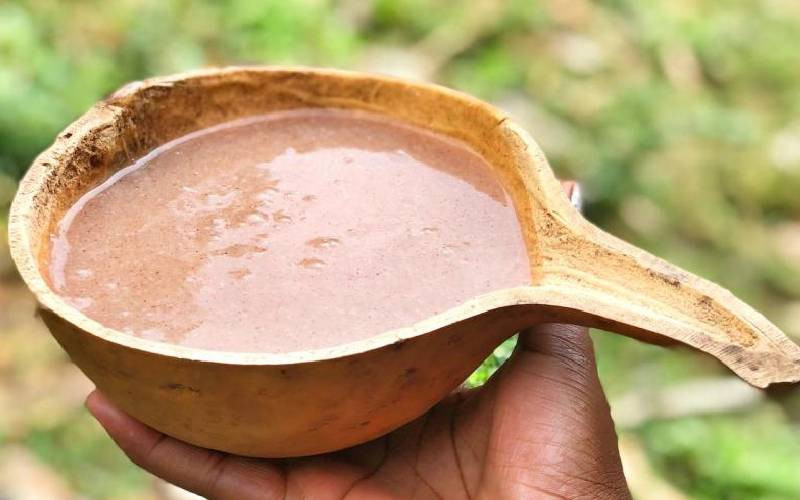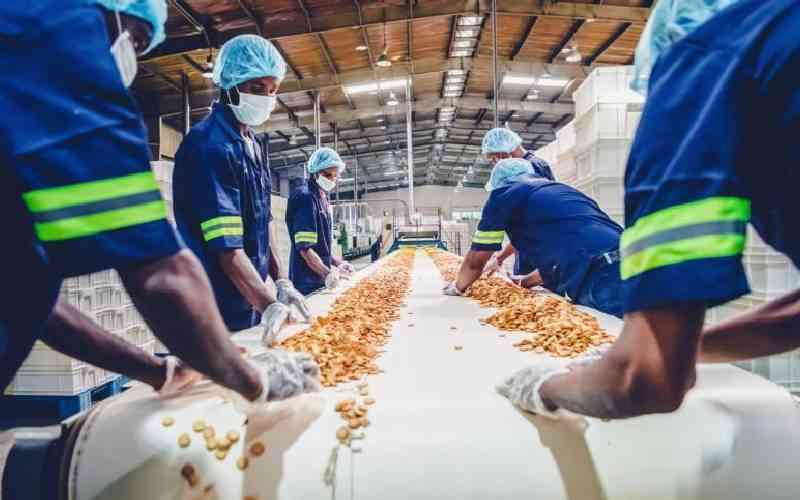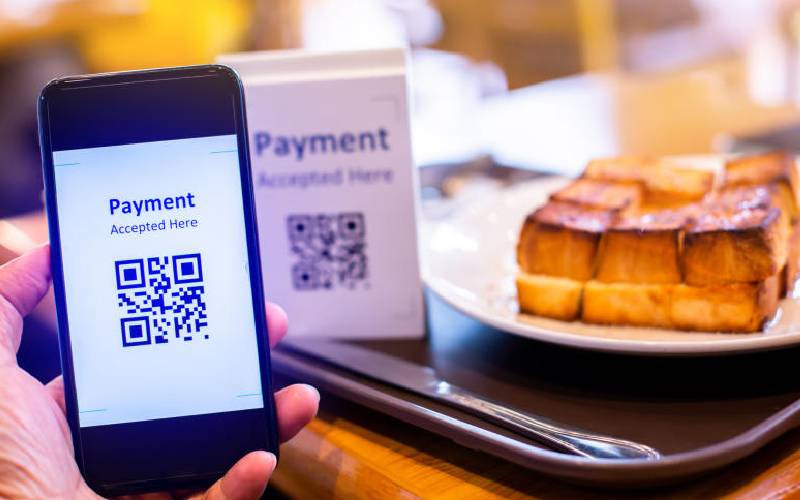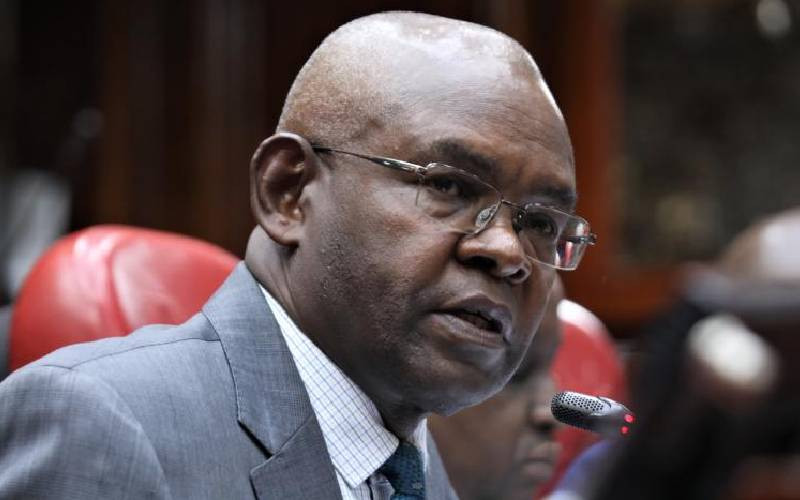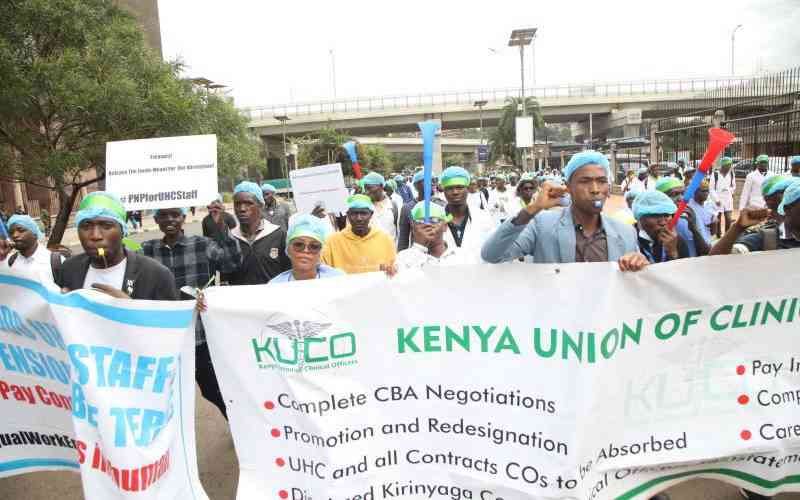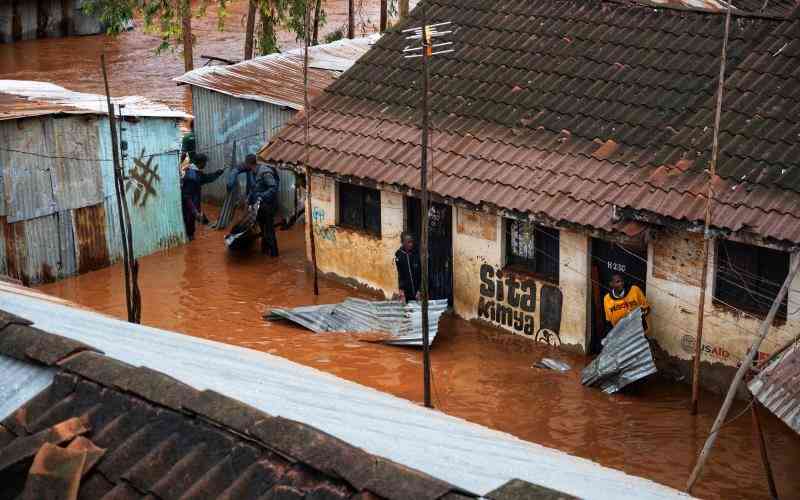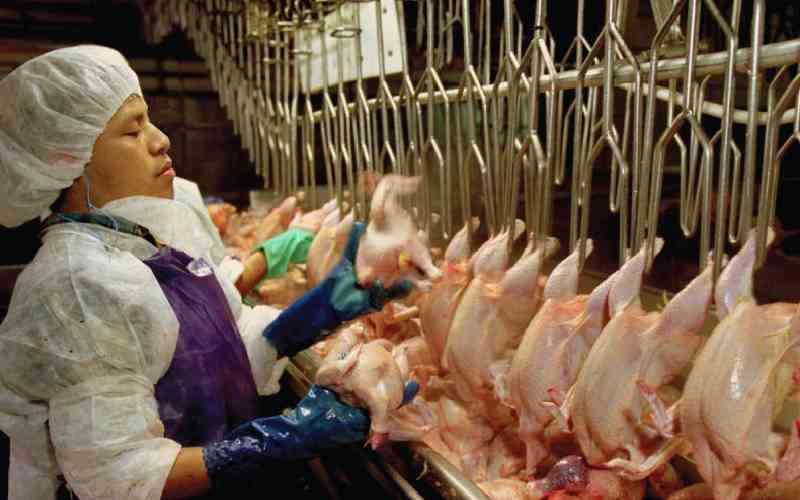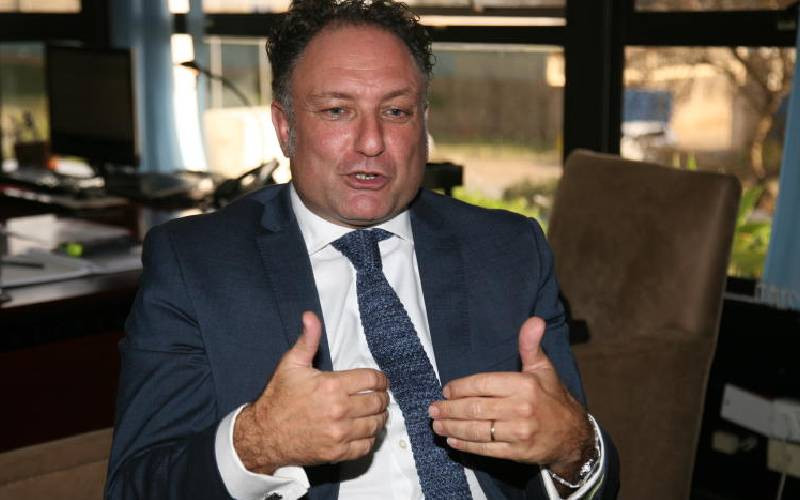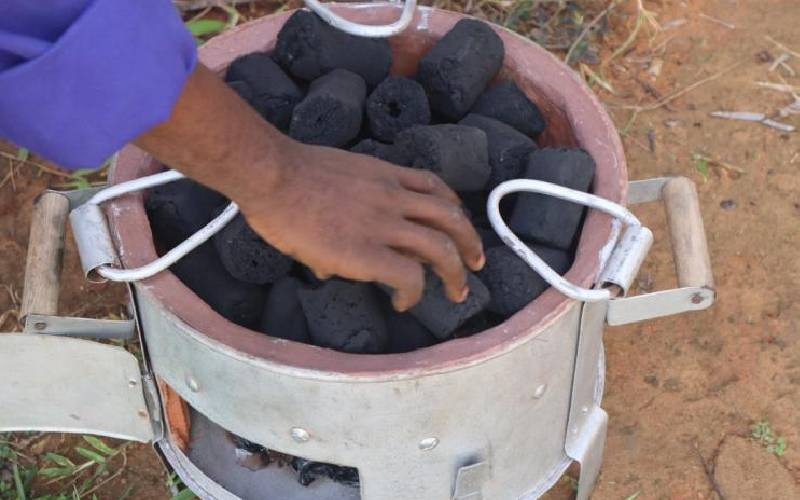
Kenyans this year not only resorted to using firewood and charcoal and even cooking less but also drove less as the price of cooking gas and fuel went through the roof.
Data analysis by Financial Standard shows usage of liquefied petroleum gas (LPG) dropped 34.8 per cent over the first six months of this year, while consumption of diesel and super petrol stayed flat.
The cost of different fuels has risen to all-time highs in the course of the year, which has seen many consumers adopt survival mechanisms.
These include reverting to fuels that they had abandoned due to their harmful nature to human health and the environment, such as charcoal and firewood.
Motorists also drove less, going by a drop in consumption of super petrol and diesel compared to last year.
Different analyses show that the high cost of fuel has left Kenyans worse off, with quite a number having to revert to using firewood and charcoal as others opted for public transport to cut costs.
Cooking gas is associated with a higher quality of life and is also encouraged, with the government in the past putting in place enabling policies, including tax incentives to increase uptake.
Owning a car is also seen as a step-up in life. But consumption of super petrol - which is mostly used by private motorists - growing by four per cent over the first six months of this year could be an indicator that many people are not driving as much as they used to in recent years when growth in fuel consumption averaged at about 10 per cent annually.
- Amid climate change, mosquitoes migrate; will malaria follow?
- Kenyan scientist elected as vice chair of global Climate panel
- Health adversely hit by climate change, experts say
- US researchers push front lines of mosquito control as planet warms
Keep Reading
This is with the exemption of 2020 when there was a decline in usage of super petrol and diesel due to containment measures to curb the spread of Covid-19. Conversely, at the time, consumption of LPG grew as more people stayed indoors.
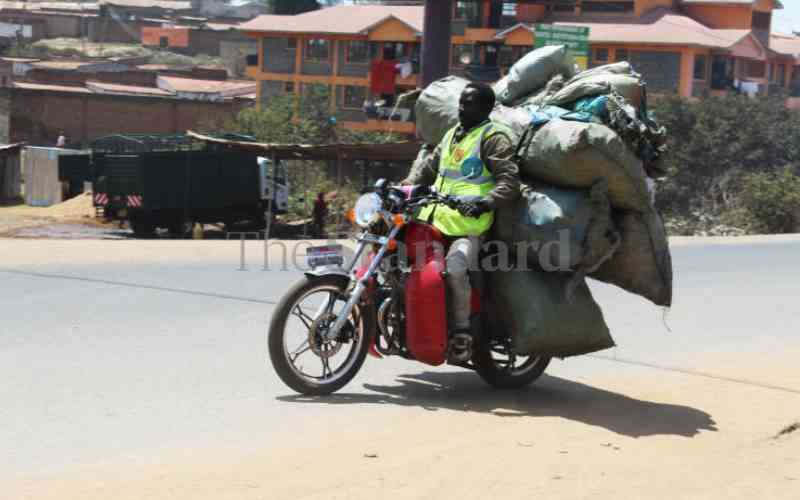
XN Iraki, an associate professor at the University of Nairobi and The Standard columnist, explained that with price shocks, a shift in ways of life is expected among many Kenyans who cannot withstand sudden increases in prices of many items. "Kenyans with low levels of income are very price sensitive. It was expected they would shift to charcoal or wood once the price of LPG went up.
The same applies to petrol. Private motorists can take matatus, with some even preferring to walk," he said.
"This shift is not unusual. We must learn to adjust to hard economic times. We are taking hotel food less, taking less meat, postponing holidays and taking kids to public schools." The World Bank's Rapid Response Phone Survey (RRPS) conducted in June asked Kenyan families about the shocks they faced at the time.
It found out that "almost all (families) were affected by higher prices of food and energy. Combined, these two shocks are not only seeing Kenyans use such energy forms as charcoal and firewood but also cook less often. In analysing the June survey and past similar surveys, the World Bank noted that life has generally gotten worse for Kenyans over the last few years.
"When the RRPS interviewed families during the peak of the Covid-19 pandemic (May-June, July-September 2020), 20 per cent reported having taken no steps in response to the crisis. This share fell to only 5.6 per cent in June 2022, indicating that more families had to find ways to make ends meet in June 2022 than during the pandemic," said the World Bank in another report published early this month.
"In one respect, the response of families during the recent price and weather crises was similar to that during the pandemic: close to 50 per cent reported cutting back on food consumption and 35 per cent cut back non-food consumption."
Data by the Kenya National Bureau of Statistics (KNBS) shows that cooking gas consumption in the country stood at 123,150 tonnes over the January-June half of this year, a substantial drop from 188,850 tonnes consumed over a similar period last year. This is the lowest level since 2018.
Also on the decline was the consumption of kerosene, which has in the past been an alternative fuel for cooking and lighting among Kenyans.
Kerosene usage also dropped 21 per cent to 47,950 tonnes over the first half of 2022 compared to 60,750 tonnes over a similar period in 2021. The cost of kerosene has also been going up. And while it is classified as a dirty fuel, it has in the past been an option for households that may have found cooking gas costly.
The Consumers Federation of Kenya (Cofek) said a harsh tax regime is to blame for the decline in the usage of cooking gas.
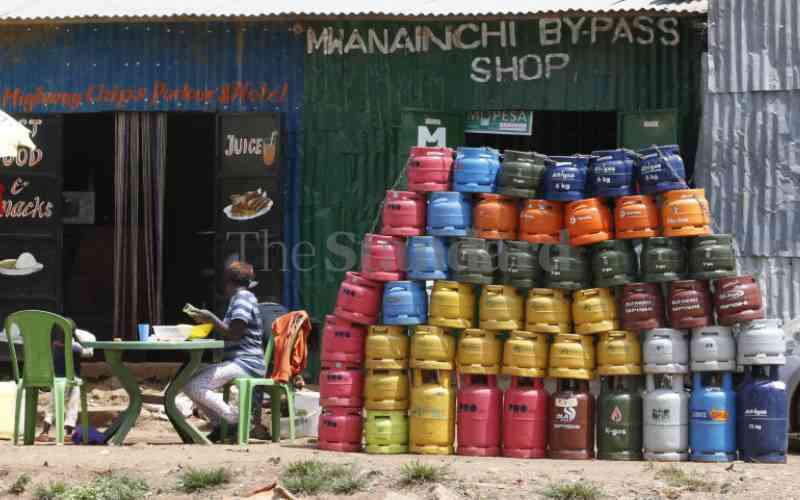
The State in July last year introduced a 16 per cent value-added tax (VAT) on cooking gas. Combined with the high cost of LPG in the global markets, the new tax saw the cost of cooking gas sharply rise.
Refilling a 13kg cylinder went up to Sh3,200 by June this year, according to KNBS data, from about Sh2,000 in June 2021, just before the imposition of VAT.
Parliament in June this year okayed a National Treasury proposal to cut VAT on LPG by half to eight per cent in an attempt to reduce the cost of living.
This has resulted in a slight decline in retail price to between Sh2,800 and Sh3,000, depending on the retail outlet.
"From a policy perspective, we think that the LPG price setting planned for June 2023 may make the situation even worse. What is needed is for the government to create incentives for investors to put up more LPG plants," said Cofek Secretary General Stephen Mutoro.
"That said, President William Ruto should break another glass ceiling by introducing competition on LPG imports. Having a monopoly has pushed prices higher by over 100 per cent."
Mr Mutoro said the high cost of cooking gas could erode the gains that Kenya has made over the last decade in getting Kenyans to adopt LPG. "The end result is that our forest cover and human health are threatened on the basis of reduced use of LPG," he noted.
The country has over the last 10 years increased the annual consumption of cooking gas to 371,400 tonnes this year, up from a paltry 92,900 tonnes in 2013.
According to the 2019 Kenya Housing and Population Census, more than half of the households living in urban areas - 52.9 per cent - rely on LPG as the primary fuel in their kitchens. Over the years, the per capita consumption has risen to 7.5kgs in 2020 from 2.5kgs in 2012, according to data by the Energy and Petroleum Regulatory Authority (Epra).
 The Standard Group Plc is a multi-media organization with investments in media platforms spanning newspaper print
operations, television, radio broadcasting, digital and online services. The Standard Group is recognized as a
leading multi-media house in Kenya with a key influence in matters of national and international interest.
The Standard Group Plc is a multi-media organization with investments in media platforms spanning newspaper print
operations, television, radio broadcasting, digital and online services. The Standard Group is recognized as a
leading multi-media house in Kenya with a key influence in matters of national and international interest.

